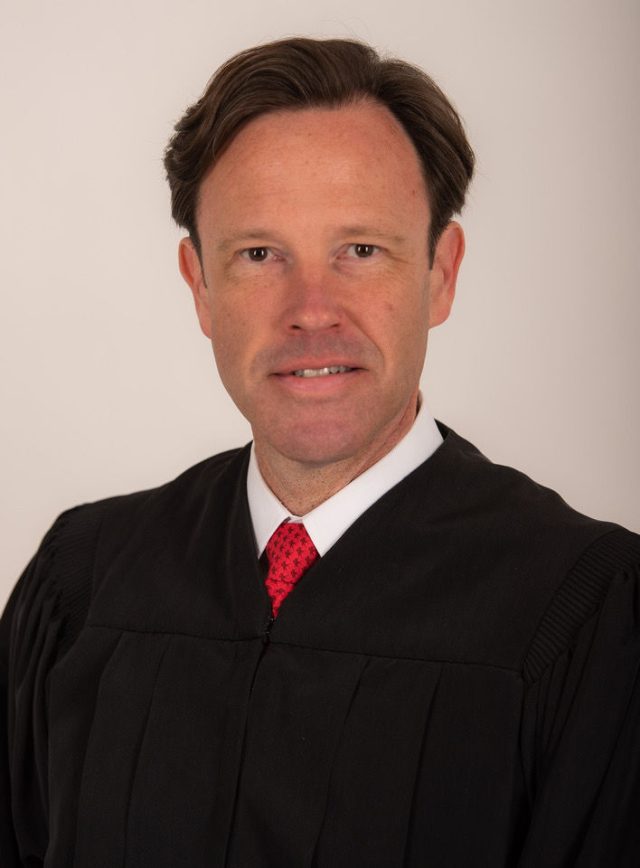Wildly uneven ‘Three Billboards’ works despite its flaws
Published 8:47 am Wednesday, November 29, 2017
“Three Billboards Outside Ebbing, Missouri” is as frustrating as it is brilliant.
The latest from writer/director Martin McDonagh – the man behind “In Bruges” and “Seven Psychopaths” – features moments of profound emotional impact but also struggles with jarring tonal shifts that nearly undermine the film’s power.
Ultimately, the film should be seen, but it’s one that some might struggle through to reach the end credits.
“Billboards” revolves around Mildred Hayes (Frances McDormand), a grieving divorced mom still trying to come to terms with the brutal rape and murder of her daughter. The film begins months after the crime, with the case having gone cold according to local law enforcement.
Determined to keep her daughter’s death in the public eye, Mildred purchases three billboards that challenges the town’s police chief, William Willoughby (Woody Harrelson).
This causes backlash from many of the town’s residents, including Mildred’s ex-husband (an underutilized John Hawkes) and one of Willoughby’s deputies Dixon (Sam Rockwell), a racist cop prone to extreme violence who still lives at home with his demanding mother.
If you are familiar with McDonagh’s work, then you know he has a tendency to mix dark humor with extreme violence. That is the case with “Three Billboards,” but unlike his best film, “In Bruges,” the balance doesn’t quite work.
McDormand is very good as Mildred, but her character doesn’t quite evolve the way one would hope, almost falling into the territory of broad caricature.
Rockwell’s cop also struggles to hit the right notes. In one scene, we are supposed to laugh at him being a bumbling idiot; in the next scene, he does something so vile that you feel guilty for laughing at him.
Harrelson fares better than the other two leads, bringing unexpected layers to Willoughby that McDonagh is clearly trying to create with all three of his leads. The other two performances have garnered more Oscar buzz, but I think Harrelson’s work brings the film’s best moments.
Hawkes, Peter Dinklage, Lucas Hedges and Abbie Cornish also have key supporting roles, but they merely become afterthoughts as Mildred’s war with the police intensifies.
As that war escalates, including a plot twist midway through the film, the troubled tonal shifts become even more disturbing and “Three Billboards” threatens to go completely off the tracks.
It does manage to reach its final destination without complete derailment, but that doesn’t make the journey less rocky.
Ultimately, the strengths outweigh the flaws, but “Billboards” brings plenty of baggage – enough that some viewers might be left frustrated.
Starring: Frances McDormand, Sam Rockwell
Directed by: Martin McDonagh
Rating: R for violence, language throughout, and some sexual references
Playing at: Regal Bowling Green Stadium 12 (Opens Friday)
Grade: B-






